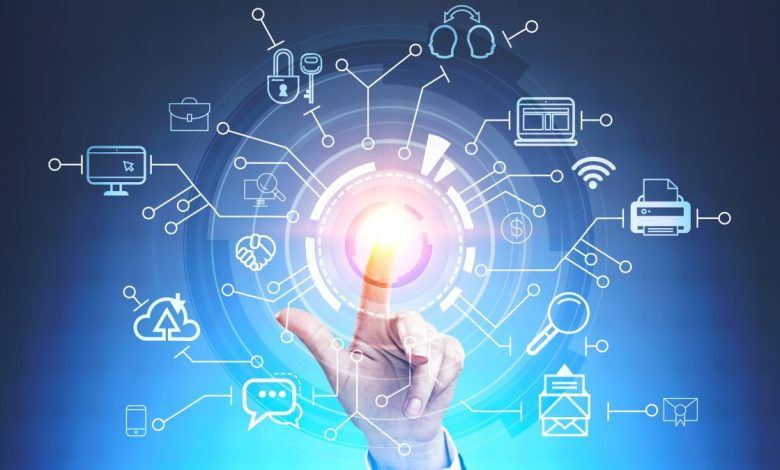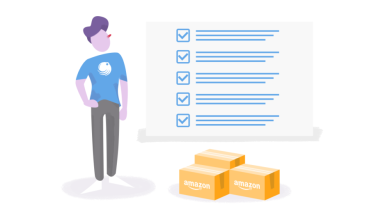Revolutionizing the Hotel Industry: The Impact of Cutting-Edge Hospitality Technology

The hospitality industry is all about creating memorable experiences for guests. In recent years, the adoption of advanced hospitality technology products significantly transformed how hotels operate and interact with their customers. From the rise of artificial intelligence to the proliferation of smart devices, the latest hospitality technology products are not only enhancing guest satisfaction, but also improving operational efficiency, paving the way for a new era in hotel management.
Smart Rooms and IoT Integration
One of the most visible changes in the hotel industry is the introduction of smart rooms and smart tech products (such as Smart hospitality TVs), powered by the Internet of Things (IoT). These rooms are equipped with devices that allow guests to control various aspects of their stay through their smartphones or in-room tablets. Guests can do things like adjust the temperature and lighting to controlling entertainment systems and order room service. Hotel smart rooms offer a highly personalized experience.
A clear example is with voice-activated assistants like Amazon’s Alexa that are implemented into hotel rooms. They allow guests to request information, play music, or even control the room’s settings without lifting a finger. This level of customization not only enhances guest comfort but also provides hotels with valuable data on guest preferences, enabling them to tailor their services more effectively.
AI-Powered Customer Service
Artificial intelligence (AI) is rapidly becoming a cornerstone of modern hospitality. AI-powered chatbots, for example, are now a common feature on hotel websites and apps, providing instant responses to guest inquiries around the clock. These chatbots can handle a wide range of tasks, from booking rooms to answering frequently asked questions, freeing up human staff to focus on more complex customer service issues.
Beyond chatbots, AI is also being used to predict guest needs and preferences. By analyzing past behavior and preferences, AI systems can anticipate what services a guest might require during their stay, such as recommending dining options or arranging transportation. This proactive approach not only enhances the guest experience but also increases the likelihood of repeat business.
Contactless Technology and Enhanced Safety
The COVID-19 pandemic accelerated the adoption of contactless technology in the hospitality industry. Today, many hotels have implemented contactless check-in and check-out processes, where guests can use their smartphones to complete these tasks without interacting with the front desk. Digital room keys, which can be accessed via mobile apps, have also become more widespread, reducing the need for physical key cards.
Moreover, contactless payment systems are now the norm, allowing guests to settle their bills using mobile wallets or other digital payment methods. These technologies not only streamline operations but also address health and safety concerns by minimizing physical contact between guests and staff.
Data-Driven Decision Making
Data analytics is another area where technology is transforming the hotel industry. Modern hotels have access to vast amounts of data from various sources, including booking systems, social media, and guest feedback. By leveraging advanced analytics tools, hotels can gain insights into guest behavior, preferences, and trends, enabling them to make more informed decisions.
For example, revenue management systems use data to optimize room pricing based on demand, competitor rates, and other factors. This dynamic pricing approach allows hotels to maximize occupancy and revenue, particularly during peak seasons or special events. Additionally, data analytics can help hotels identify areas where they can improve their services, leading to higher guest satisfaction and loyalty.
Sustainability and Energy Efficiency
Sustainability is becoming increasingly important for hospitality businesses. Hospitality energy management is very much top of mind these days, and technology also plays a critical role in helping hotels reduce their environmental impact. Smart energy management systems can monitor and optimize energy usage throughout a hotel, adjusting heating, cooling, and lighting based on occupancy levels. These systems not only reduce energy consumption but also lower operational costs. The latest PTAC & AC units are essential for optimizing the use of energy, for example.
Furthermore, hotels are now using technology to manage waste more effectively, track their carbon footprint, and promote eco-friendly practices to guests. By embracing sustainable technology, hotels can appeal to environmentally conscious travelers and contribute to global sustainability efforts.
Conclusion
The latest hospitality technology products are revolutionizing the hotel industry by enhancing guest experiences, improving operational efficiency, and promoting sustainability. As these technologies continue to evolve, hotels that embrace them will be better positioned to meet the changing expectations of their guests and stay competitive in a rapidly evolving market. Whether through AI-powered customer service, smart room innovations, or data-driven decision-making, technology is transforming every aspect of the hospitality industry. It ensures that the future of hotels is not only smart, but more importantly guest-centric and sustainable for the environment.





